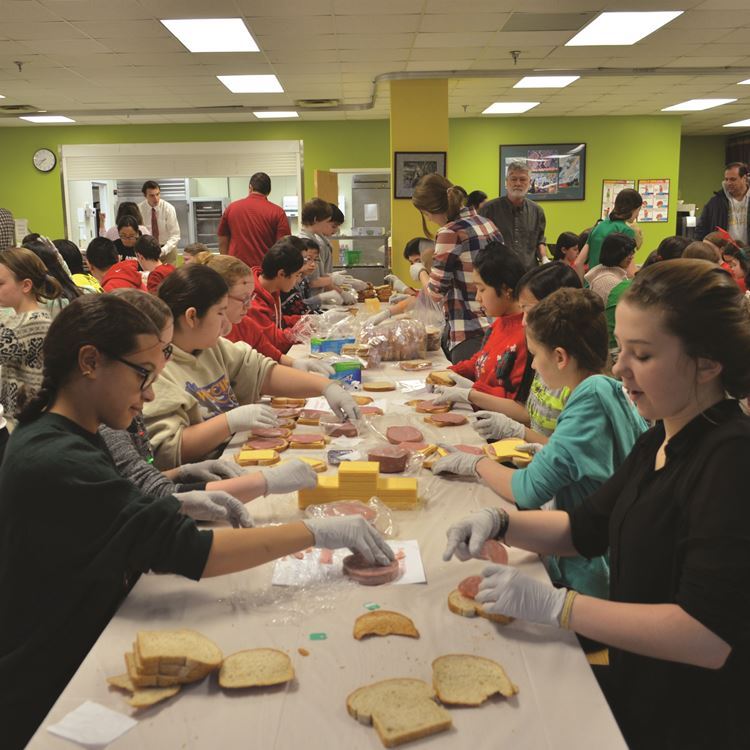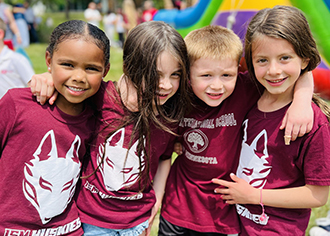A Parent's Guide to Social Responsibility Learning in School

As an adult, you have an awareness of your civic and moral duties and also the importance of ethical behavior. You pay taxes, contribute to your community, and probably do charitable acts from time to time. But how did you learn these behaviors and come to understand their importance?
For many individuals, the basic concept of social responsibility comes from childhood examples from parents and authority figures. On a deeper level, children learn social responsibility from interactions with their peers, teachers, and community during their education.
Many schools, particularly specialized and private institutions, put a specific focus on social responsibility as part of the curriculum to ensure that their students learn these invaluable lifelong lessons.
In this blog, we discuss common classroom strategies educators may employ to help students learn social responsibility and how children benefit from these lessons.
How Educators Teach Social Responsibility
The goal of educators involved in social responsibility is to help students understand complex moral issues, contribute to local and global humanitarian efforts, and learn to consider others’ perspectives. Often, this type of learning is integrated into other lessons so that students naturally develop social skills and awareness.
Common strategies for teaching social responsibility include the following.
Community Events
Contributing to community events such as food drives and walk-a-thons give students an opportunity to meet people in different socio-economic situations than themselves. These community events also provide students with exciting projects that don’t directly benefit themselves, which can show them the satisfaction that comes with selfless service.
Schools that emphasize social responsibility may encourage students to brainstorm ways to help after natural disasters and other global crises.
Focus on Participation
Teachers may encourage students to ask questions, raise issues, and conduct open classroom discussions to improve students’ social awareness. In these situations, students learn to think critically and form their own opinions, as well as to consider the perspectives of their classmates.
Team Building Situations
While it’s important for young children to gain a sense of personal identity, it’s also important for individuals to learn how to thrive in team situations. In the classroom, this lesson typically involves opportunities to work on a team, build friendships, and solve problems with the help of a partner.
How Social Responsibility Learning Benefits Students
In addition to helping students learn to see issues from multiple perspectives, learning about social responsibility benefits both personal and academic development in children. Common benefits of social responsibility lessons include the following:
- Improvement of Student Behavior. When students understand that their choices impact their classmates and their broader community, they make more thoughtful decisions. For many students, this understanding leads to more conscientious and responsible behavior. Some parents find that enrolling children in schools with a focus on social responsibility helps children improve overall behavior of their own volition.
- Empowerment to Help Peers and Community. When young students see how much they have to offer to their community, it empowers them to take steps to help their family, peers, and neighbors in the future. This empowerment may encourage an individual to stand up for a friend, make care packages for local homeless shelters, or choose a career in the social sciences.
- Preparation for Ethics and Logic Curriculum. Social responsibility learning helps young students better comprehend complex and even controversial issues. This critical thinking prepares students for the ethics and logic courses they will take during upper grades and in college.
To best prepare your child to be a thoughtful and socially aware individual, choose schooling opportunities that prioritize teaching social responsibility.
At the International School of Minnesota, we focus on each student’s social development as well as his or her academic progress. Think our school could be right for your child? Learn more about applying on our admissions process page.






